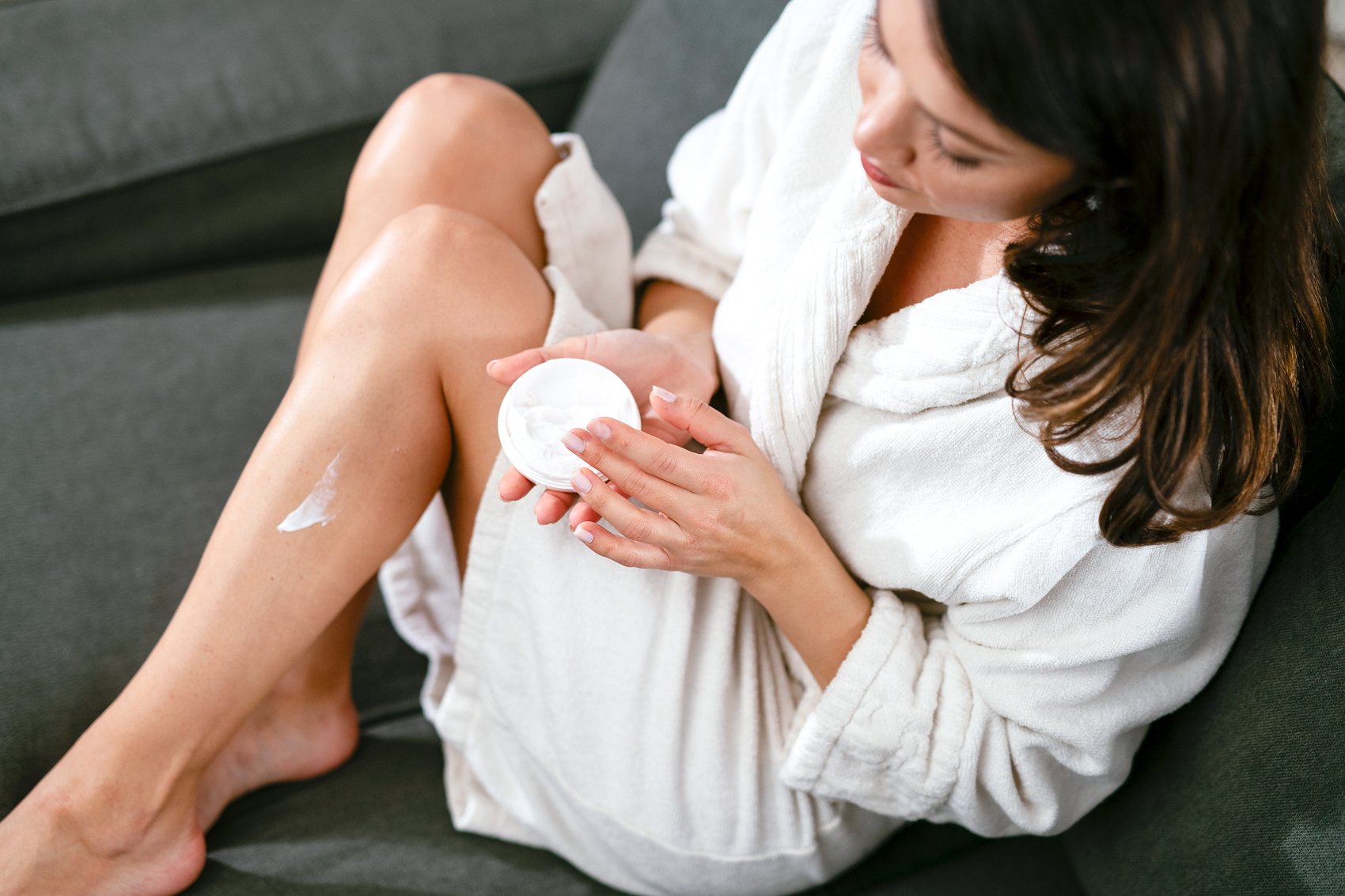We independently evaluate all recommended products and services. If you click on links we provide, we may receive compensation.
Understanding the difference between moisturizing and hydrating is crucial for maintaining smooth, healthy-looking (and healthy-feeling) skin. While these terms are often used interchangeably — and are, in many ways, similar — they actually address distinct aspects of skin care.
Hydration, put simply, refers to the water content in your skin. A lack of water can lead to dehydration, which may result in a dull complexion or more prominent fine lines and wrinkles. To hydrate your skin, you’ll want to reach for products with humectant ingredients such as hyaluronic acid and glycerin. These can help draw water from the environment into the skin to boost skin’s hydration, per the Cleveland Clinic. Some research suggests that drinking plenty of water can also help boost skin hydration.
But in order to keep that water in your skin and prevent it from evaporating, you need a quality moisturizer. Moisturizers typically contain occlusive ingredients, such as dimethicone, to help trap water in the skin and prevent water loss. Many also contain emollients such as squalane or other plant oils, which can help relieve the sensation of dryness and promote softer, smoother-feeling skin.
Ultimately, hydrating and moisturizing are both essential elements of a well-balanced skin care routine, no matter your skin type. Fortunately, getting both doesn't have to be complicated, as many products are formulated with a blend of humectants and occlusives to both boost your skin’s water reserves and prevent that necessary moisture from escaping. If you want extra hydration, consider layering on a hyaluronic acid serum before applying your daily moisturizer (and don’t forget the SPF)!
This article is for general informational purposes only.
Affiliate Disclaimer Medical Disclaimer














 Unique Beauty is free for all users.
Unique Beauty is free for all users.